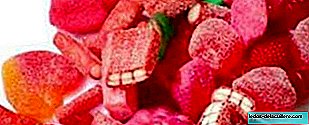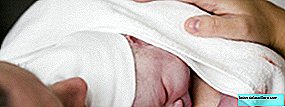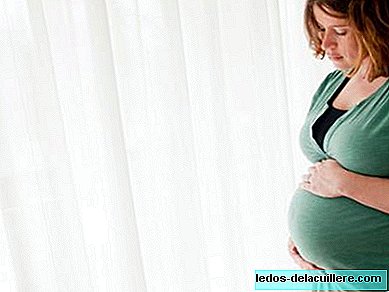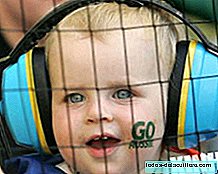
Several studies have been carried out that determine a relationship between some dyes and food preservatives and their effect on children's mental health, leading to cases of hyperactivity and deficit of child care.
The British newspaper The Guardian has reported that after the last study by the University of Southampton, the Food Safety Agency of the United Kingdom has taken the bull by the horns asking the country's food industries stop using six artificial colors in food and beverages before the end of 2009.
The six synthetic dyes that ask to be removed are E110, E104, E122, E129, E102 and E124, mainly contained in candies and sweets (sweets, ice cream, jams, cakes, etc). They are pure calories without any nutritional value, also considered carcinogenic and allergenic.
Research suggests that the combination of these dyes with the preservative sodium benzoate, present in most soda with gas such as Fanta, Sprite or Coca Cola Light, increases hyperactivity in children, even in those who do not.
Based on these conclusions, the Food Safety Agency of the United Kingdom has requested that these dyes be removed from food sold in that country, as well as promoting their withdrawal throughout the European Community. Propose that they be replaced by healthier substances, but of course, natural dyes are much more expensive and therein lies the point. Let us clarify that in the United States, Nordic countries and Japan some of these additives are already prohibited.
For its part, the European Agency for Food Safety does not consider that there is so far conclusive evidence to ban such substances in European foods, as there is no reliable evidence that they are related to behavioral disorders in children.
We do not know what the soap opera of dyes will end up in. What I fail to understand is that given the growing number of cases of childhood hyperactivity and other behavioral disorders, no action is taken in the slightest doubt.












